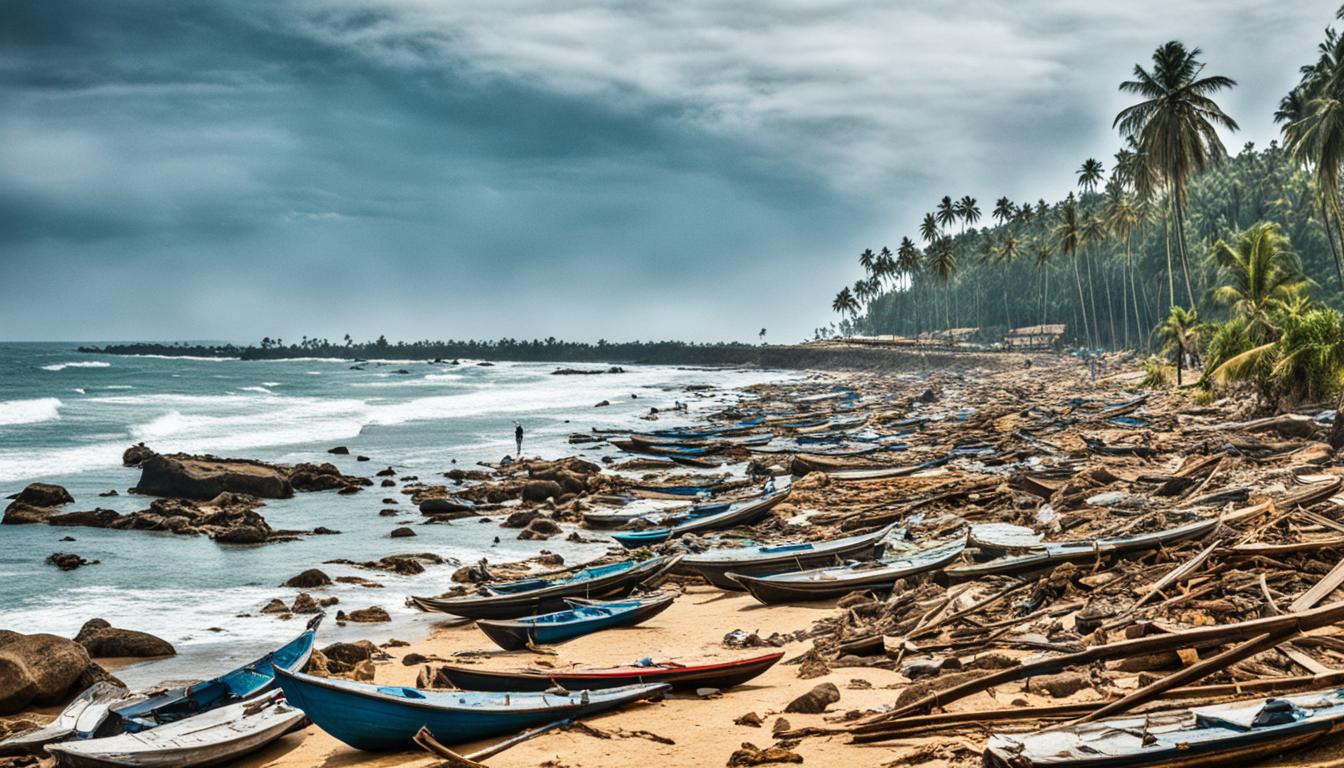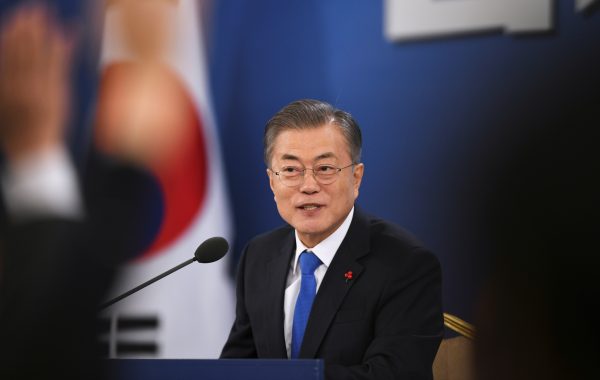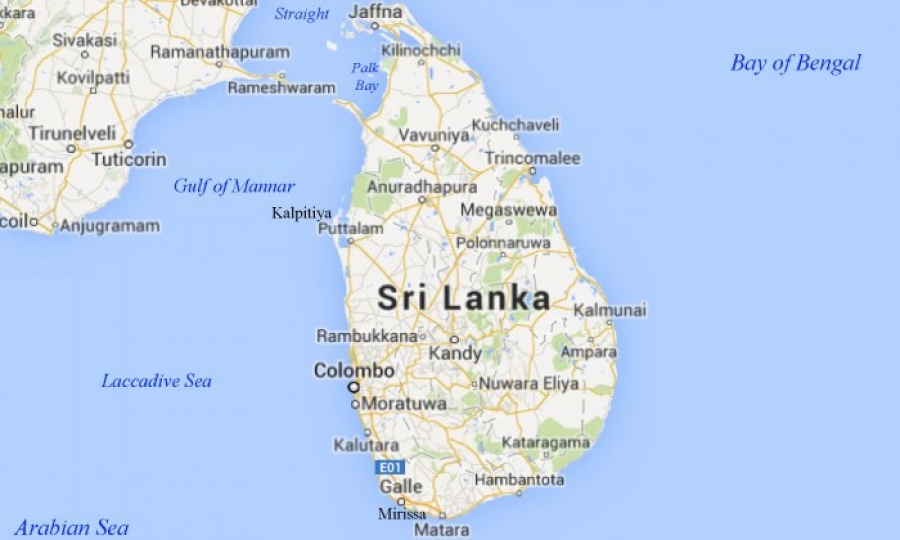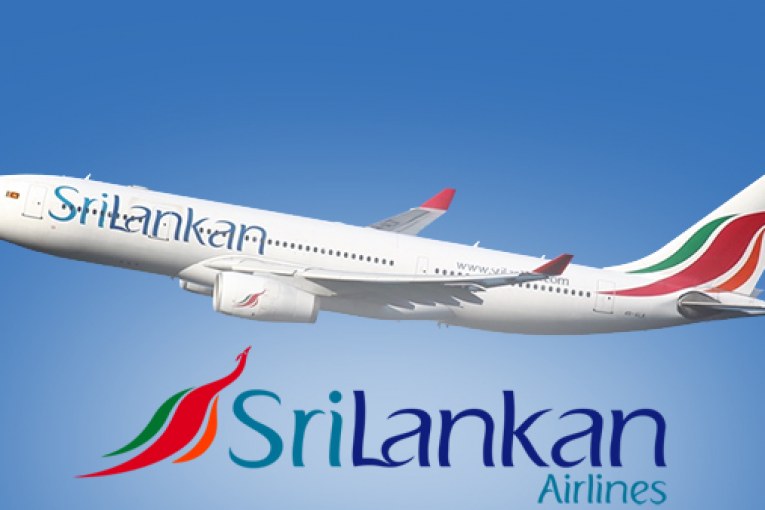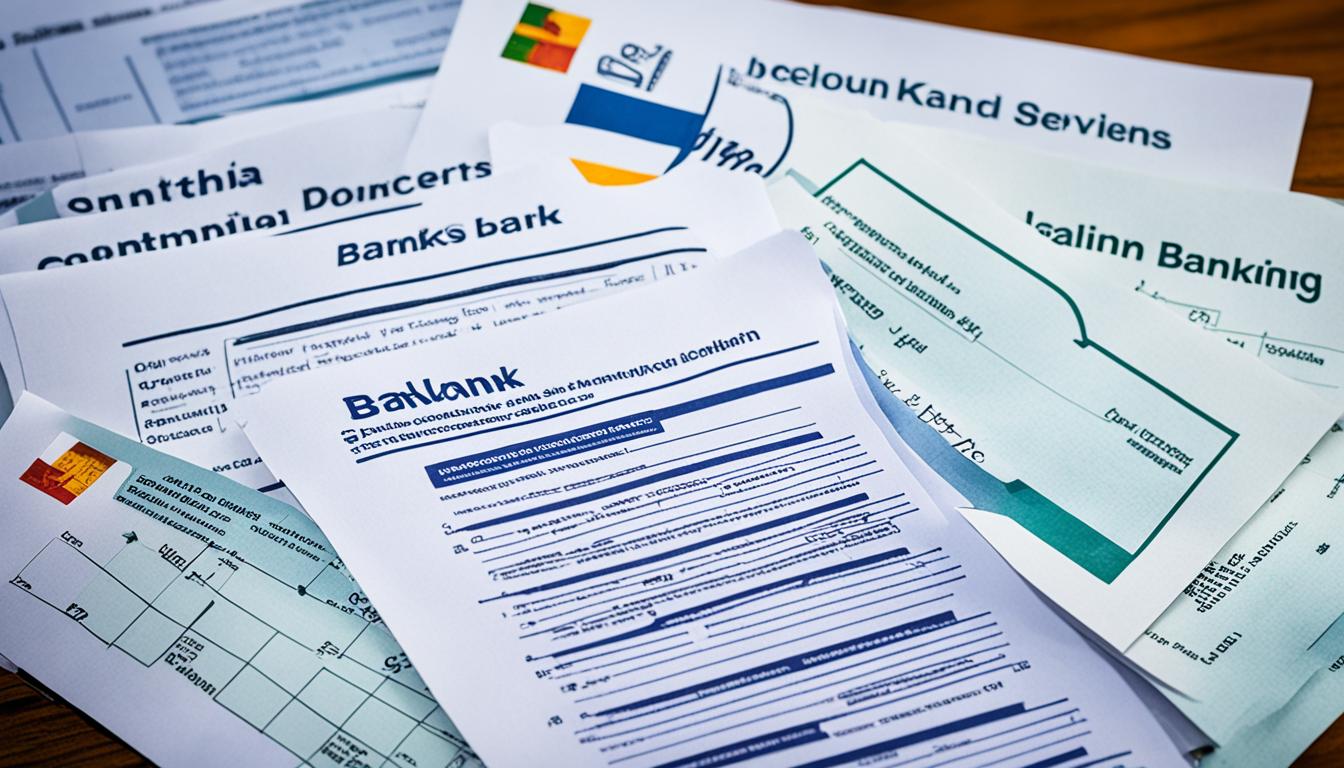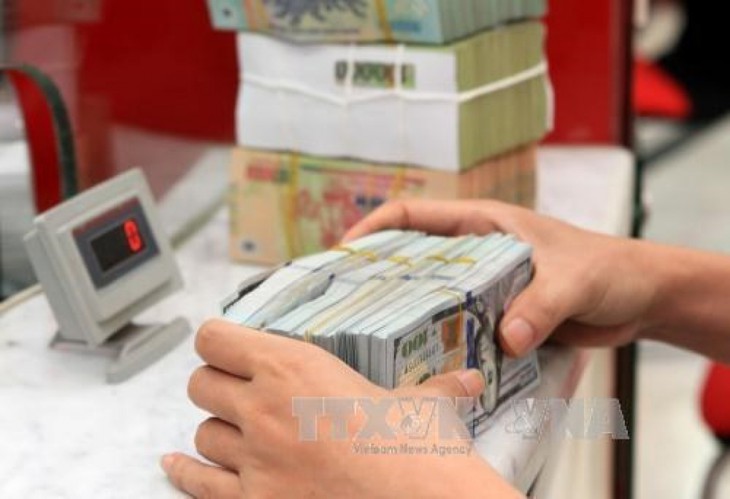The tourism sector in Sri Lanka is a cornerstone for the Sri Lanka economy, generating significant foreign exchange earnings and propelling the country’s financial stability. However, a rising concern among industry stakeholders has surfaced as foreign tourists increasingly partake in business ventures, a move seen to be at odds with existing tourism laws. Despite the economic contributions of the sector, this practice has not been sufficiently scrutinized or deterred, leading to a proliferation of unregulated business operations.
As the situation stands, tourism laws dictate that travelers on travel visa restrictions in Sri Lanka are not entitled to engage in any business pursuits. However, incidents of tourists circumventing these laws through informal local partnerships are becoming alarmingly commonplace, prompting prominent industry groups such as the Sri Lanka Association of Inbound Tour Operators (SLAITO) and the Hotels Association of Sri Lanka (THASL) to voice their dissent. They maintain that while they are open to extended visit visas, compliance with Sri Lankan industry regulations regarding business activities must be upheld.
Key Takeaways
- The tourism sector is critical for foreign exchange earnings in Sri Lanka’s economy.
- Stakeholders insist tourists must comply with industry regulations and tourism laws.
- Travel visa restrictions clearly prohibit tourists from starting businesses during their visit.
- Unregulated tourist-run businesses conflict with the law and are opposed by SLAITO and THASL.
- There’s a need for stronger enforcement of industry regulations to protect local interests.
Understanding the Legal Framework for Tourism and Business Activities
With Sri Lanka’s burgeoning tourism industry, understanding the intersection of visit visas, business regulations, and the legal framework becomes crucial for industry compliance and sustainable growth. Sri Lanka law enforcement works consistently to uphold the integrity of industry guidelines, particularly when it comes to delineating the rights and limitations associated with visas. Below, we delve deeper into the nuanced legalities that govern both local and foreign entities within this vibrant economic sector.
Legal Restrictions on Business Activities for Tourists
In Sri Lanka, the visa regulations are clear-cut: travelling on a visit visa expressly prohibits engaging in any business activity. This stipulation is fundamental to protect local enterprise impact and safeguard the competitive business landscape for Sri Lankan residents. Tourist businesses, if not regulated, can inadvertently stifle the growth and opportunities afforded to local ventures, which is a scenario the legal framework works actively to prevent.
Consequences of Ignoring Visa Regulations
The legal consequences of not adhering to visa stipulations can be significant and far-reaching. Sri Lanka tourism laws are enforced stringently, and violators may face penalties ranging from fines to deportation. Moreover, non-compliance with such business regulations can lead to a dampening of the tourism industry’s contributions to the economy, highlighting the importance of upholding these standards for the collective benefit.
Partnership Dynamics between Locals and Tourists
Local partnerships between Sri Lankan entrepreneurs and international visitors are not uncommon, demonstrating the allure and potential for collaboration in this vibrant landscape. However, informal collaborations must navigate the terrain of legality, ensuring they do not contribute to economic leakage or undermine the established local partnerships. It is essential that both parties respect and function within the set legal framework, preventing any unfavorable local enterprise impact and ensuring a balanced tourism industry.
The conversation around tourism, law enforcement, and industry compliance continues to be paramount in maintaining a balanced economic model where tourism thrives while preserving the interests of local businesses and the community at large. Establishing this equilibrium is not just about protecting local economies but also about ensuring that all can partake in the financial and cultural prosperity that tourism invites. Therefore, a comprehensive understanding and adherence to Sri Lanka’s tourism laws are essential for a flourishing future in this sector.
Industry Stakeholders Condemn Foreign Tourists Engaging in Business
The robustness of Sri Lanka tourism policy has recently come into question as stakeholder concerns grow over the surge of foreign tourists participating in unauthorized ventures within the country. Pivotal entities such as the Sri Lanka Association of Inbound Tour Operators (SLAITO) and the Hotels Association of Sri Lanka (THASL) have taken a firm stance against such activities that contravene existing laws and guidelines for tourists.
These industry associations point towards the negative ripple effects that these unauthorized enterprises harbor, not just on the legal fabric but also on the economic fairness and entrepreneurial spirit of local citizens. By engaging in these ventures, tourists are inadvertently contributing to a skewed competitive landscape and inadvertently flouting the groundwork laid by the Sri Lanka tourism policy aimed at sustainable development.
- Discouragement of unregulated competition
- Advocacy for adherence to visa regulations and local laws
- Protection of the integrity of Sri Lanka’s tourism market
- Support for equal business opportunities for the local population
Understanding the essence of these issues is crucial for maintaining a fair and prosperous market where the economic benefits of tourism are distributed uniformly. It is essential that both foreign tourists and local stakeholders operate within the boundaries of the law to prevent the undermining of the national tourism sector caused by such unauthorized ventures.
Impact of Unauthorized Business Ventures on Local Economy
The burgeoning trend of unauthorized business ventures by international visitors has triggered an alarm regarding the economic impact on Sri Lanka’s financial landscape. As the island nation grapples with the challenges of nurturing its tourism development, the encroachment of tourists into business territories earmarked for local entrepreneurs is causing friction. Recognized authorities within the tourism sector are scrutinizing these unlawful occupations, fearing they might siphon off valuable economic resources, a phenomenon known as economic leakage. This activity not only threatens the integrity of the local economy but also disrupts the equilibrium of market competition.
The involvement of tourists in business practices unsanctioned by law has the potential to skew the marketplace. Sri Lankan entrepreneurs, diligently adhering to the government’s regulatory frameworks, find themselves at an unfair disadvantage, competing against these informal, and oftentimes invisible, market players. The landscape becomes especially perilous for small-scale local businesses that constitute the backbone of the nation’s economic structure. It’s a competitive disadvantage that undermines years of steadfast efforts to foster a healthy commercial environment conducive to growth and sustainability.
Stakeholders in the industry are championing the necessity for stricter enforcement of regulations to mitigate the detrimental effects of these unauthorized businesses. The call to action isn’t merely for the observance of rules; it’s a broader plea for preserving the prospects of Sri Lankan citizens and ensuring that the rewards of tourism development do not bypass the local proprietors who form its cornerstone. Stakeholder advocacy extends to the safeguarding of the country’s heritage, culture, and economic future, pressing for a tourism model that sustains and elevates the local economy rather than exploiting it.
